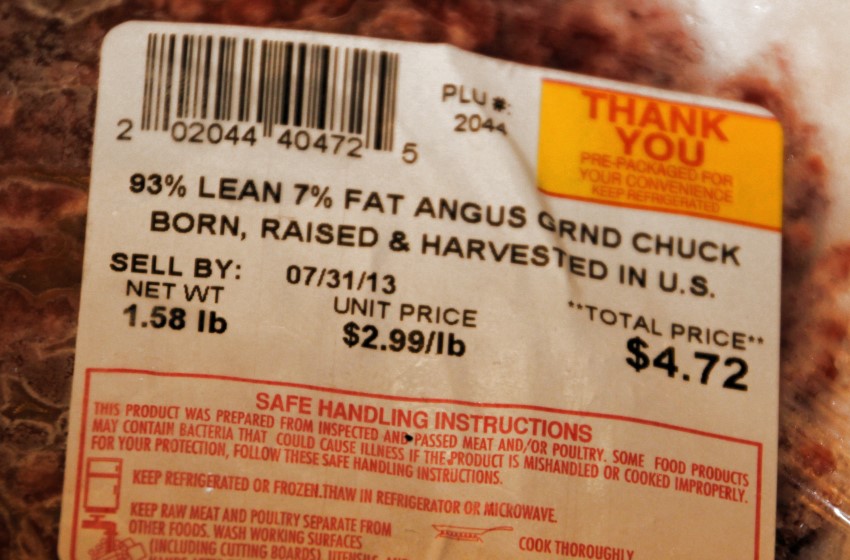
Agricultural News
K-State Finds No Positive Impact of Country of Origin Labeling
Tue, 12 May 2015 15:39:13 CDT

The 2014 Farm Law mandated a study be conducted on the economic value and impact of mandatory Country of Origin Labeling (COOL) of meat products. The U.S. Department of Agriculture's office of the chief economist commissioned three livestock economists. This included the work of two economists from Kansas State University that worked to discover the economic effects of the original version from COOL, from 2008 that was implemented in 2009 and the World Trade Organization modification COOL which took place in 2013. One of those involved in this study was Kansas State University Agricultural Economist Glynn Tonsor. He said COOL has had a dramatically negative impact on beef and pork production sectors. Radio Oklahoma Network Farm Director Ron Hays featured Tonsor on the Beef Buzz feature. Click or tap on the LISTEN BAR below to listen to today's Beef Buzz.
Tonsor said they estimate the 2009 rule's impact on the beef industry caused a loss of economic welfare of $8.07 billion and $1.3 billion to the pork industry over ten years. In evaluating the 2013 rule, Tonsor said they estimated a loss of $500 million to the beef industry and $400 million to the pork industry.
"The main reason for that is, we have lower quantities being produced because those two industries are operating at a higher cost without an observed benefit in the form of higher retail demand for covered products," Tonsor said. "That leads to higher prices on the end, retail and wholesale side, lower quantities throughout. You do the math in the economic model and that leads to those billion dollar impacts, I'm sharing."
Producers and processors aren't the only economic loser under COOL. According to the study, consumers come out on the economic short end as well. Tonsor said the study found economic losses from the 2009 rule totaled almost $6 billion for beef and almost $1.8 billion for pork. Consumer losses for the 2013 rule totaled $378 million for beef and $428 million for pork.
"Again, the main reason for that, they face higher prices and lower volumes that are available," Tonsor said. "Both of which are bad for the consumer, but those are consistent with the fact we have no observed demand increase, people willing to pay more for a product carrying this information, versus not with it is consistent throughout this whole thing."
This study has found if the U.S. is going to have COOL, then it needs to voluntary. Tonsor said this report provides additional evidence that there is an adverse impact from the current mandatory approach and voluntary labeling would be an improvement.
Click here to read the Kansas State University study.
WebReadyTM Powered by WireReady® NSI
Top Agricultural News
More Headlines...




















